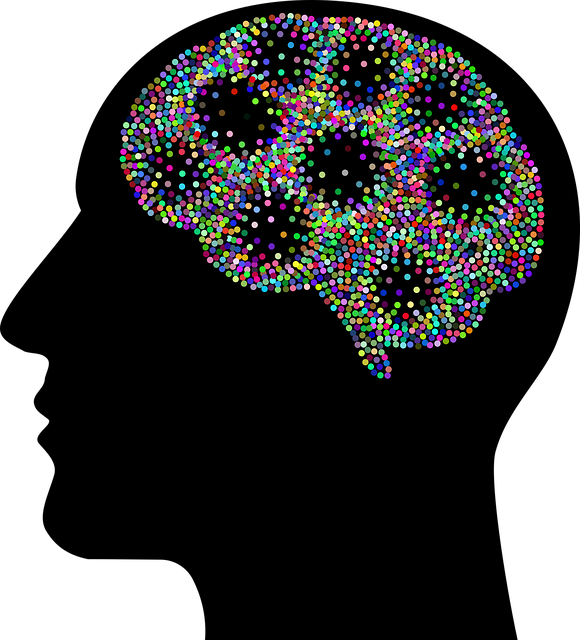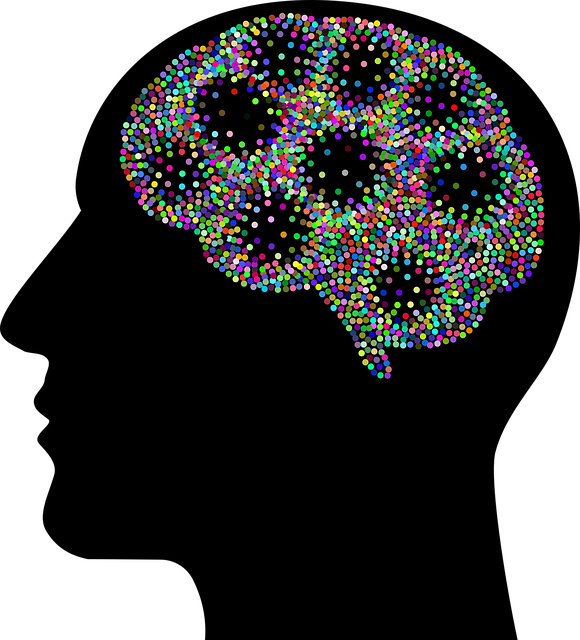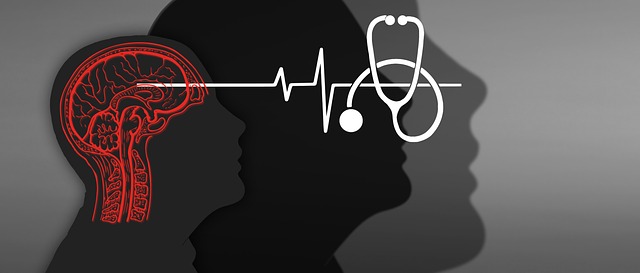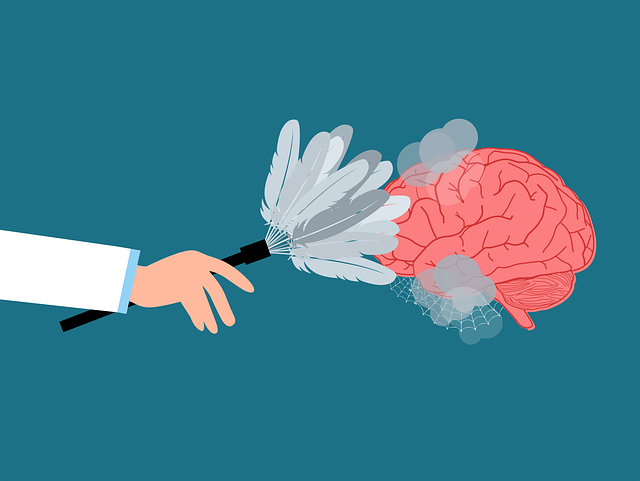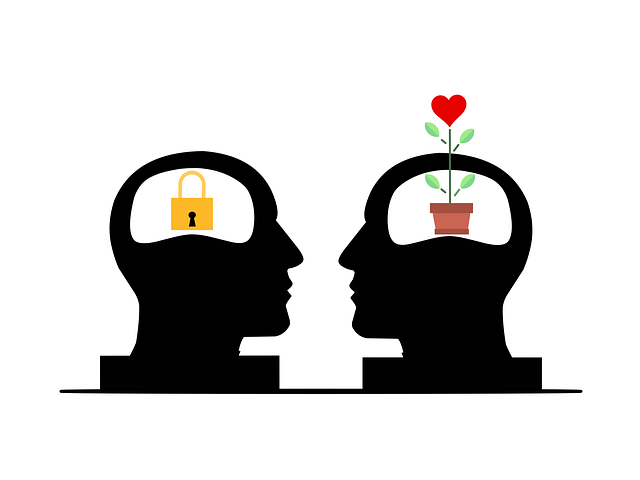Emotional Intelligence (EI) is a powerful tool for managing chronic pain and improving mental health, as evidenced by its application in Broomfield Chronic Pain Therapy. Key EI components like self-awareness, emotional regulation, empathy, and active listening enhance coping mechanisms, reduce associated depression, and strengthen support networks. Public awareness campaigns and community outreach programs focused on mental health education can significantly reduce stigma and promote well-being for individuals suffering from chronic pain, benefiting the broader community. Effective emotion management techniques, coupled with cultural competency training, are essential in healthcare settings to improve patient-therapist relationships and risk management planning.
Emotional intelligence (EI) is a powerful tool for enhancing well-being, both personally and professionally. In this article, we explore the foundational aspects of building EI, offering insights from Broomfield Chronic Pain Therapy experts. From recognizing emotional signals to cultivating empathy and managing emotions effectively, each step fosters self-awareness and strengthens relationships. Discover how active listening further enhances connections, providing a holistic approach to well-being that can be applied in various aspects of life.
- Understanding Emotional Intelligence and Its Impact on Well-being
- Recognizing Emotional Signals: A Key Step in Building Self-awareness
- Developing Empathy: Walking in Another's Shoes
- Managing and Regulating Emotions Effectively
- Practicing Active Listening: Enhancing Connections and Relationships
Understanding Emotional Intelligence and Its Impact on Well-being

Emotional intelligence (EI) is a crucial aspect of human interaction and well-being, encompassing self-awareness, emotional regulation, motivation, empathy, and social skills. It plays a pivotal role in how individuals navigate their daily lives, from managing personal relationships to excelling at work. In the context of Broomfield Chronic Pain Therapy, understanding EI becomes even more relevant as it can significantly impact a patient’s ability to cope with pain and overall mental health.
EI helps individuals recognize and understand their own emotions and those of others, fostering better communication and reducing conflicts. This is particularly beneficial for those dealing with chronic conditions like pain, where managing emotional responses is essential. Public Awareness Campaigns Development and Community Outreach Program Implementation focused on mental health can play a crucial role in promoting EI education, thereby reducing the stigma associated with mental illnesses. By encouraging open conversations about emotions and providing tools to manage them, these efforts contribute to improved well-being, not just for individuals facing chronic pain but for the community at large.
Recognizing Emotional Signals: A Key Step in Building Self-awareness

Recognizing Emotional Signals is a fundamental step in building self-awareness, an essential aspect of emotional intelligence (EI). Our emotions provide valuable insights into our internal state and needs, serving as a compass that navigates our experiences. However, these signals can sometimes be subtle or disguised, especially when dealing with chronic conditions like Broomfield Chronic Pain Therapy. Just as public awareness campaigns highlight the importance of mental health, understanding emotional cues is crucial for managing physical pain and preventing associated depression.
By learning to interpret these signals, individuals can gain valuable crisis intervention guidance, enabling them to respond appropriately rather than reacting impulsively. This process fosters self-regulation, allowing one to navigate challenging situations with greater equanimity. Thus, recognizing and understanding emotional signals is a cornerstone in the journey towards enhancing EI, ultimately contributing to improved mental well-being.
Developing Empathy: Walking in Another's Shoes

Developing empathy is a powerful tool for enhancing emotional intelligence and cultivating better relationships, especially for individuals managing chronic pain like those seeking Broomfield Chronic Pain Therapy. Walking in another person’s shoes allows us to understand their feelings, experiences, and perspectives. This ability to empathize fosters deeper connections and strengthens our capacity for support and kindness.
By practicing empathy, we can improve our emotional well-being promotion techniques, stress reduction methods, and self-care practices. It encourages us to be more patient, compassionate, and considerate of others’ unique situations. In a world often filled with challenges, this skill can help bridge gaps between individuals, fostering an environment where support networks thrive and understanding prevails.
Managing and Regulating Emotions Effectively

Managing emotions effectively is a cornerstone of emotional intelligence development, especially for individuals navigating chronic pain like those seeking Broomfield Chronic Pain Therapy. It involves recognizing and understanding one’s own emotional states and those of others, a skill crucial in maintaining mental wellness. With proper techniques, people can learn to regulate their emotions healthily, preventing impulsive reactions and fostering better relationships. This is particularly beneficial in healthcare settings where cultural competency training emphasizes the importance of empathetic communication.
Mental wellness coaching programs often focus on mood management as a key component of emotional intelligence building. By teaching individuals strategies to identify and control their emotional responses, these programs empower them to make thoughtful decisions even under stress. This proactive approach to emotion regulation is not only beneficial for personal growth but also enhances one’s ability to connect with others, making it an essential aspect of holistic healthcare.
Practicing Active Listening: Enhancing Connections and Relationships

In today’s world, where our lives are often filled with stress and challenges, emotional intelligence (EI) stands as a powerful tool for enhancing our connections and relationships. One of the fundamental skills in EI is active listening, which involves giving your full attention to another person and understanding their feelings and perspectives. This practice is not merely about hearing words but truly absorbing and responding to them. In the context of Broomfield Chronic Pain Therapy, for instance, active listening can create a supportive environment where patients feel heard and understood, fostering trust and encouraging open communication about their experiences with pain management.
For mental health professionals, integrating empathy building strategies into their practice is essential. Active listening forms the backbone of empathetic interactions by demonstrating that you are fully present and engaged in the conversation. This skill is not only beneficial for patient-therapist relationships but also crucial for effective risk management planning, as it helps in identifying and addressing underlying emotional needs that may contribute to mental health risks. Additionally, self-care practices play a significant role in maintaining high levels of EI. Professionals who prioritize their own well-being are better equipped to offer genuine listening and empathy to their clients, ultimately enhancing the therapeutic process.
Emotional intelligence is a powerful tool for enhancing well-being and fostering meaningful connections. By understanding emotional signals, developing empathy, managing emotions effectively, and practicing active listening, individuals can navigate life’s challenges with greater resilience. Incorporating these strategies into daily routines can revolutionize personal relationships and overall mental health, as evidenced by the growing success of Broomfield Chronic Pain Therapy in empowering individuals to take control of their emotional well-being.


